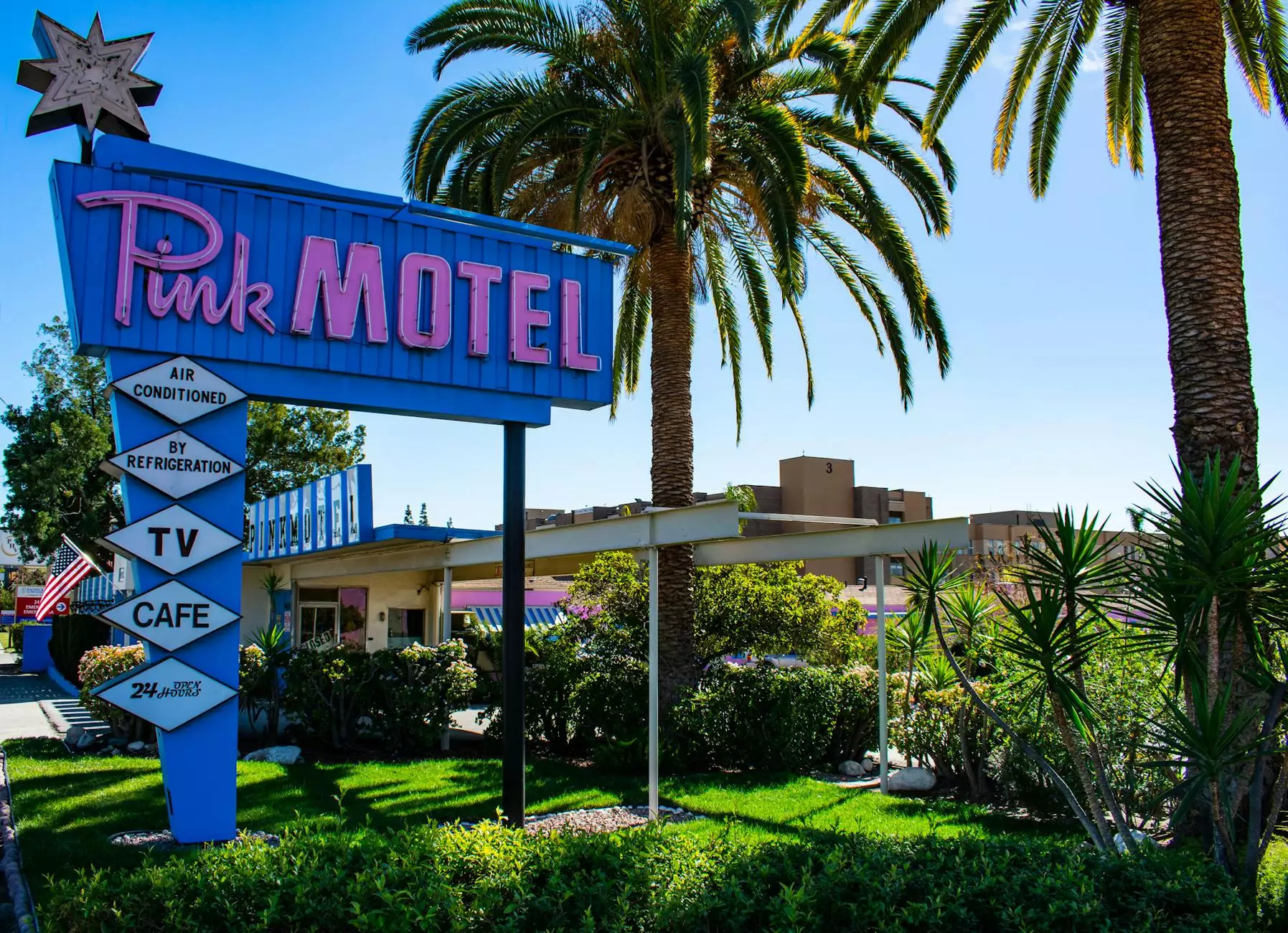Revolutionizing the Cold Chain: The Importance of Refrigeration Equipment

The cold chain industry is a critical component of the global economy, enabling the safe storage and transportation of perishable goods. At the forefront of this industry is the utilization of innovative refrigeration equipment, specifically designed to maintain stringent temperature controls that ensure the quality and safety of products throughout their journey. In this article, we delve deep into the realm of refrigeration equipment and its vital role in creating an efficient and reliable cold chain.
Understanding the Cold Chain
The cold chain refers to the series of steps in the supply chain where temperature control is essential from the point of origin to the point of consumption. This includes:
- Production: Where products are manufactured and initially stored.
- Storage: Warehousing strategies that require climate control to preserve product integrity.
- Transportation: Ensuring that perishable items are transported at regulated temperatures.
- Distribution: Delivering products to retail locations while maintaining cold chain standards.
- Retail and Consumption: The final stage where end-users access the products.
The Role of Refrigeration Equipment in the Cold Chain
Refrigeration equipment plays an indispensable role in maintaining the cold chain. Here are the primary types of refrigeration equipment utilized across the cold chain industry:
1. Refrigerated Trucks and Vans
Refrigerated vehicles are essential for cold chain logistics. Equipped with advanced cooling systems, these vehicles ensure that temperature-sensitive goods are transported under optimal conditions. Benefits include:
- Temperature monitoring during transit to prevent spoilage.
- Flexibility in route planning for efficient deliveries.
- Reduced risk of contamination due to hygienic designs.
2. Cold Storage Warehouses
Cold storage facilities are critical for the long-term preservation of perishable goods. These facilities are equipped with comprehensive refrigeration units that maintain required temperatures. Features include:
- Multiple temperature zones to accommodate diverse product types.
- Advanced insulation technologies to optimize energy consumption.
- Automated inventory management systems for enhanced efficiency.
3. Refrigerated Containers (Reefers)
Reefers are essentially mobile cold storage units essential for sea freight and long-distance transport. Their advantages are manifold:
- Ability to adjust temperature settings based on cargo requirements.
- Built-in monitoring systems that alert operators of temperature deviations.
- Durable construction designed to withstand various transport conditions.
Technological Innovations in Refrigeration Equipment
Within the context of cold chain logistics, technological advancements have led to the development of more efficient and reliable refrigeration equipment. Key innovations include:
Smart Refrigeration Systems
Smart refrigeration systems leverage IoT (Internet of Things) technology to provide real-time monitoring of temperature and humidity levels. Such systems offer:
- Remote access for monitoring and controlling refrigeration units.
- Automated alerts for temperature fluctuations to mitigate risks.
- Data analytics capabilities to optimize energy use and efficiency.
Energy-Efficient Designs
Modern refrigeration equipment is being designed with energy efficiency in mind, incorporating features such as:
- High-efficiency compressors that reduce energy consumption.
- Eco-friendly refrigerants with low global warming potential.
- Enhanced insulation materials that lower energy costs.
The Economic Impact of Refrigeration Equipment
The economic benefits of investing in reliable refrigeration equipment cannot be overstated. Here are some impacts that can be observed:
1. Reduction in Food Waste
One of the most significant benefits of effective refrigeration is the reduction in food waste. Properly managed cold chains can help:
- Extend the shelf life of perishable items.
- Enhance the overall quality of food products.
- Support sustainability initiatives by minimizing waste.
2. Improved Product Quality and Safety
Maintaining an uninterrupted cold chain with state-of-the-art refrigeration equipment ensures that products, especially food and pharmaceuticals, retain their quality and safety. Consumer confidence is enhanced when they know products are handled with care throughout their journey.
3. Regulatory Compliance
Many industries are governed by strict regulations regarding product safety and quality. Utilizing advanced refrigeration equipment helps companies meet government standards and avoid penalties associated with non-compliance.
Challenges in the Cold Chain Industry
While the importance of refrigeration equipment is clear, the cold chain industry also faces several challenges. Understanding these challenges is essential for creating effective solutions:
1. Maintaining Temperature Consistency
One of the greatest challenges is ensuring consistent temperature control throughout the supply chain. Factors such as:
- Variable outdoor temperatures affecting storage conditions.
- Improper handling during loading and unloading processes.
- Inadequate training for personnel managing temperature-sensitive products.
2. High Operational Costs
Investing in high-quality refrigeration equipment and energy-efficient systems can require substantial upfront costs. However, with the right strategies, these costs can be mitigated:
- Implementing preventive maintenance to extend the lifespan of equipment.
- Utilizing energy management systems to monitor and reduce energy use.
- Choosing the right technologies that fit specific operational needs.
Future of Refrigeration Equipment in Business
The future of refrigeration equipment within the cold chain industry is poised for exciting developments. Trends to watch include:
1. Increased Use of Automation
Automation in warehouses and transportation will become more prevalent, reducing human error and enhancing operational efficiency. Integration of robotics and automated guided vehicles (AGVs) can streamline the movement of goods within cold storage facilities.
2. Sustainable Practices
As sustainability becomes a central theme across industries, refrigeration equipment manufacturers are focusing on eco-friendly designs and practices. Expect to see:
- The adoption of renewable energy sources such as solar power.
- Improvements in the lifecycle management of refrigeration units.
- Development of biodegradable refrigerator materials.
Conclusion
In conclusion, refrigeration equipment serves as the backbone of the cold chain, significantly impacting the quality, safety, and economic viability of perishable goods. Companies that invest thoughtfully in advanced refrigeration technologies are not only safeguarding their products but are also setting the stage for a more sustainable and efficient future. To learn more about cutting-edge refrigeration solutions, consider visiting First Cold Chain to explore a plethora of offerings designed for your business's unique needs.
The effective management of the cold chain through superior refrigeration equipment is not just a logistical necessity; it is a strategic advantage that can elevate businesses in today's competitive market. Don't underestimate the power of cold; it has the potential to keep your products fresh, your customers satisfied, and your profits soaring!
https://www.first-coldchain.com/


